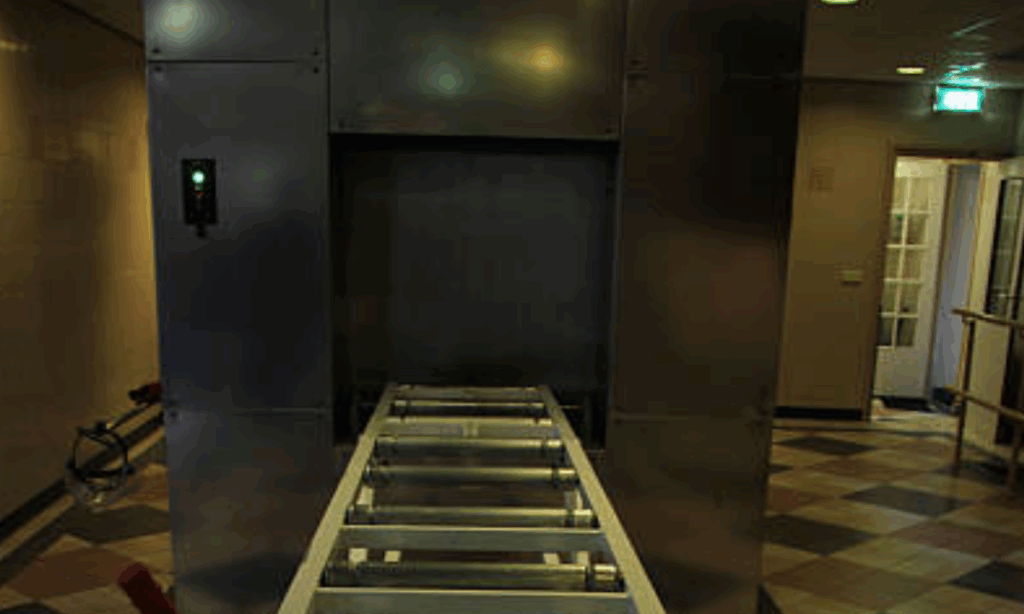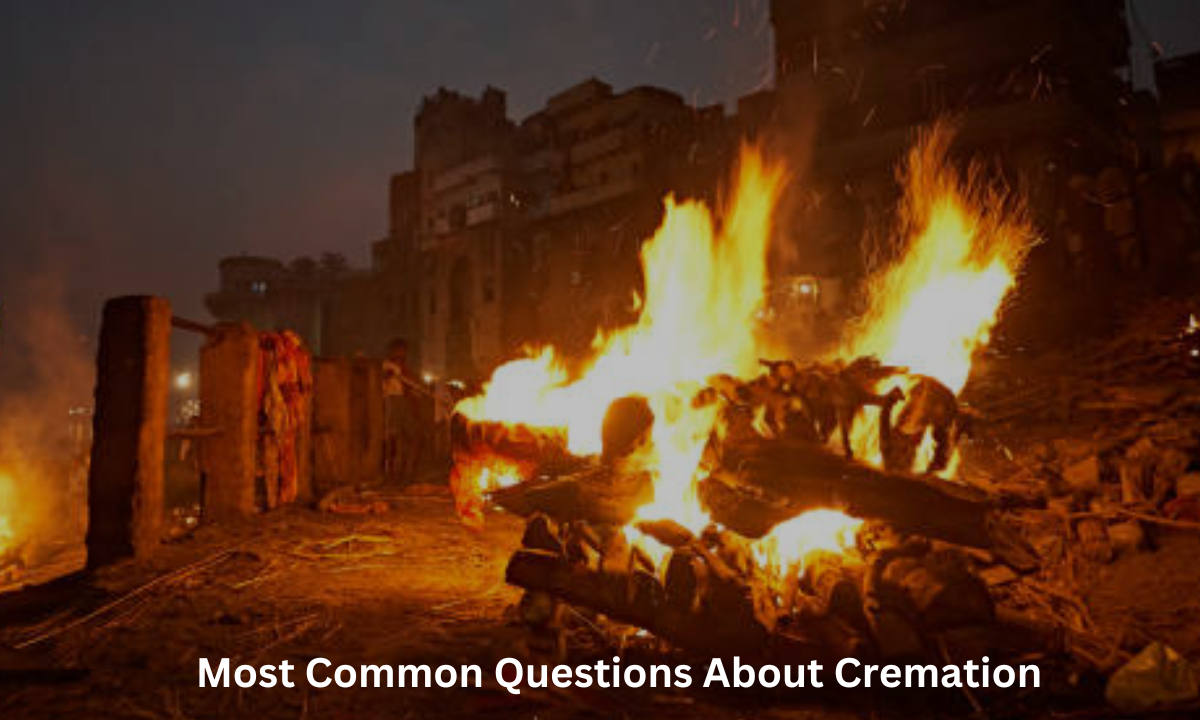When it comes to cremation in Bangalore, families often have many questions about the process, duration, and how to make arrangements. Losing a loved one is one of the hardest experiences, and understanding what happens during cremation can bring some clarity during those overwhelming moments.
In this blog, we will answer the most frequently asked questions about cremation, from how long it takes to what exactly happens during the process. And at the end, we will share one important detail that most families tend to overlook.
What is the cost of cremation in Bangalore?
This is one of the first questions families ask. The actual expenses of cremation vary depending on several factors, such as:
- Whether you choose a traditional wooden cremation or an electric cremation.
- The type of rituals and antim sanskar you wish to perform.
- The cremation ground (for example, the Harishchandra Ghat Electric Crematorium in Bangalore).
- Additional services include arranging a priest, transportation, and ritual materials.
Tip: To avoid last-minute stress, consider consulting a professional cremation service provider in Bangalore that can guide you through the entire process smoothly.
How long does an electric and a traditional cremation take?
The time taken for cremation depends on the method chosen. A traditional wood cremation usually takes about 2.5 to 3 hours for the body to be completely reduced to ashes, while an electric cremation is quicker, taking around 90 minutes to 2 hours. Facilities such as the Harishchandra Ghat Electric Crematorium in Bangalore are known for their efficiency and modern infrastructure, ensuring that the ashes are respectfully handed over to the family on the same day.
Is electric cremation good?

Yes, electric cremation is good, both from a practical and environmental perspective.
Here’s why many families choose it:
- Eco-friendly: Saves wood and minimises air pollution.
- Efficient: Quicker than traditional methods.
- Hygienic: The cremation ground stays more organised and clean.
- Widely accepted: Increasingly chosen in urban areas due to convenience.
Still, many families continue to opt for traditional antim sanskar at a wood pyre for cultural or spiritual reasons. Both approaches are considered dignified.
Quick Comparison: Wood vs. Electric Cremation
| Feature | Wood Cremation | Electric Cremation |
|---|---|---|
| Duration | 2.5–3 hours | 1.5–2 hours |
| Eco-friendliness | Requires large amounts of wood | More environment-friendly |
| Facilities | Depends on the cremation ground | Modern and well-managed |
How do you arrange a cremation?
Arranging a cremation in Bangalore can feel overwhelming, but here’s a simple step-by-step guide:
- Choose a Cremation Ground: Decide between a traditional smashan ghat or an electric crematorium.
- Prepare Documentation: Carry the death certificate and basic ID proof of the deceased.
- Arrange Ritual Support: Contact a priest if you plan to conduct the complete last rites.
- Gather Ritual Materials: Flowers, ghee, incense, and other traditional items may be needed.
- Seek Professional Assistance: A cremation service provider in Bangalore can handle bookings, transportation, and priest arrangements, reducing stress for the family.
What exactly happens during cremation?
The cremation process is sacred and deeply symbolic. Here’s what typically happens:
- Antim Sanskar rituals are performed by the eldest son, daughter, or a close family member.
- The body is respectfully placed on the pyre (for wood cremation) or in the chamber (for electric cremation).
- A priest guides the family with prayers and mantras.
- The chief mourner lights the pyre or starts the electric cremation.
- In 1.5–3 hours, the body is reduced to ashes and bone fragments.
- The ashes are carefully collected in an urn and handed over to the family.
- The urn is later immersed in a river or another sacred place as per tradition.
This sacred journey signifies the release of the soul and honours the life of the departed.
Are cremation grounds open all the time?
Most cremation grounds and smashan ghats in Bangalore operate during fixed hours, typically from early morning until evening. It is always advisable to check the availability in advance. Booking slots through the BBMP crematorium slot booking ensures there are no last-minute delays.
Who can perform the last rites (Antim Sanskar)?
Traditionally, the eldest son or a close male relative performs the antim sanskar. However, in recent years, daughters and other family members have also started taking on this responsibility. What matters most is the love, respect, and sincerity with which the rituals are carried out, not who performs them.
What documents are required for cremation?
Families usually need to provide:
- The death certificate is issued by the municipal or panchayat office.
- A government-issued ID proof of the deceased.
- In certain cases, additional paperwork such as hospital release letters or police clearance (if the death was accidental).
Tip: Professional cremation services help families prepare and submit the necessary documents quickly to avoid delays at the cremation ground.
Can we perform religious rituals at an electric crematorium?
Yes. Families can perform all essential antim sanskar rituals even if they choose electric cremation. The priest guides the family through prayers before the cremation begins, and the final act, pressing the button to start the chamber, is treated with the same reverence as lighting a traditional pyre.
When are the ashes handed over to the family?
In most cases, whether it is a wood cremation or an electric cremation, the ashes are handed over on the same day. At an electric crematorium, the ashes may be ready in 1.5–2 hours. In the case of a wood pyre, the ashes are usually collected a few hours after the cremation is completed. Families then carry them for immersion in a river or a sacred place as per tradition.
Why choosing the right cremation ground matters
Every cremation ground is different, with some being simple and crowded while others are more organised and well-maintained. Similarly, each smashan ghat has its own facilities and atmosphere, ranging from very basic to thoughtfully managed spaces.
When choosing, consider:
- Accessibility for family and relatives.
- Availability of electric cremation if you prefer it.
- Cleanliness and facilities of the ground.
- Ritual support, including priests and necessary items.
The Harishchandra Ghat Electric Crematorium in Bangalore is one of the most trusted facilities because of its efficient management and respectful services.
Final Thoughts
Cremation is not just a ritual; it is the final act of dignity and respect we can offer to our loved ones. Whether it is a traditional wood-based cremation at a smashan ghat or a modern electric cremation at places like the Harishchandra Ghat Electric Crematorium, the essence of the last rites remains the same: to honour the departed soul and help them on their onward journey.
We hope this guide has answered your most important questions about cremation in Bangalore, from arrangements and rituals to how long the process takes. If you ever need compassionate guidance, a professional cremation service provider in Bangalore like Kaashimukthi can support you with complete arrangements, ensuring everything is managed with care and respect.

Madhu is an Entrepreneur, a Mentor, a Writer and an Aspiring Car Race Driver. He is Deeply passionate about leveraging Technology and Human Centred Design to make complex care and End of Life Planning easier. With the ultimate aim of Improving the quality of Life in the Twilight years. Madhu is highly educated and Alumni of IIM-Bangalore, Sikkim Manipal University and Bangalore University besides a Rich Industry Experience in the field of Product Management, Design, Supply chain, Finance, Commercial Management and Funeral Services.

